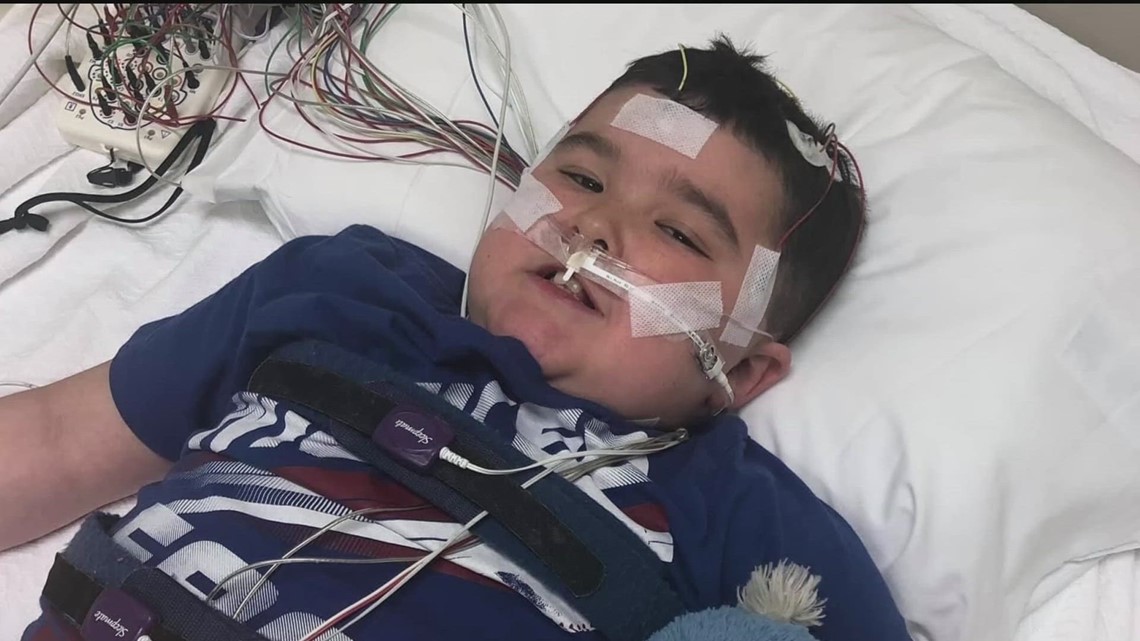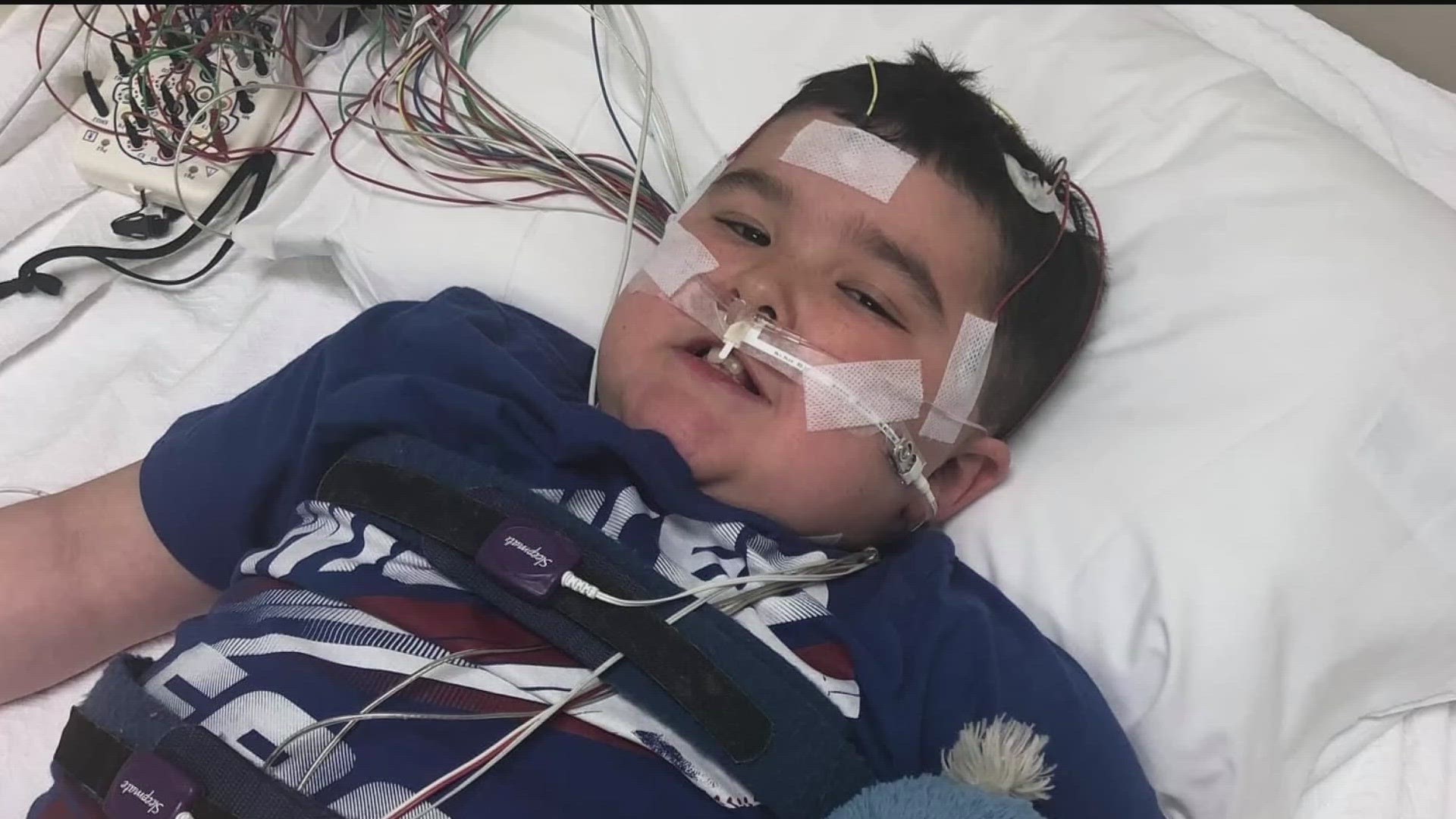WINDER, Ga. — Beck Cammarata grew up loving soccer. It’s the sport he loved to play when he was 5 years old.
It was also the sport he was playing when he got his diagnosis.
Beck’s mom, Brandi, said he started complaining about leg pain when he was about four and a half years old. When he was just 5, they took him to the doctor.
“She called me the next day and told me that he had a form of muscular dystrophy and not to Google it,” she remembered.
Beck was diagnosed with Duchenne muscular dystrophy, a deadly diagnosis with an average life expectancy of just 22 years of age.


“It was awful. I couldn't get out of bed, to be honest, for three months,” Brandi recalled.
Beck said it took him a few years to grasp what the diagnosis meant. But said once he did, he was determined not to let it slow him down.
“It wasn’t scary to me. You just had to know that you have it and still live a good life,” Beck said.
Beck’s mom recalled him asking a lot of questions like, "Am I going to die when I'm 20?" But then she said, after asking, he’d just move on.
“He's so resilient, and he has not let this diagnosis slow him down in any way,” said Dr. Meg McKane, a pediatric cardiologist with Children’s Healthcare of Atlanta.
McKane is one of Beck’s doctors at Children’s.
“Every time I see him, he rolls into my clinic or walks into my clinic and is just smiling and happy to be there. And I just get a big smile on my face, too,” McKane said.
Beck said one of his favorite things is making people smile.
“When people are really sad, they don’t realize you can live a really good life,” Beck said.
It’s one of the reasons his family started the nonprofit Becks Helping Hands, to help kids just like Beck. He said he loves talking to and encouraging kids who just got their diagnosis and showing off his wheelchairs, complete with colored lights and fun designs.
“It makes them really cheerful, and it’s always been my favorite thing to do,” he said.
There’s a determination about Beck, whether you’re watching him play power soccer, a sport designed for power wheelchair users, or listening to him talk about how he’s choosing to live his life.
“I don’t let the disease win,” Beck said. “I fight it every day and just know that fighting it is the best thing to do.”

